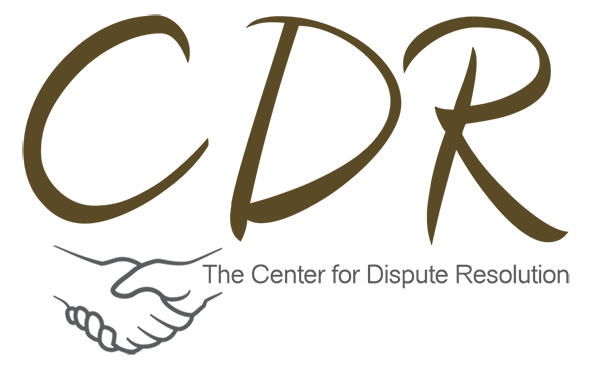
The Power of an Apology
Conflict is a part of human interaction, and it is often inevitable. In many cases, when we engage with others, disagreements may arise due to differences in opinion, beliefs, or values. When conflict occurs, it can lead to negative emotions such as anger, frustration, and sadness. In such situations, apologies can play a significant role in resolving conflicts and restoring relationships. In this post, we will explore the power of an apology when in conflict.
What is an apology?
An apology is an expression of regret or remorse for something that one has said or done. It is a way of acknowledging that one’s behavior or words have caused harm, hurt, or offense to someone else. Apologies can come in various forms, such as verbal, written, or through actions.
The power of an apology
Apologies have the power to heal wounds and mend broken relationships. When a conflict arises, apologies can be an effective tool in resolving the situation. Apologies can provide a sense of closure for the person who has been hurt, and it can help to restore trust in the relationship. Research has shown that apologies can lead to forgiveness, which can help to reduce negative emotions and improve overall well-being.
In addition, apologies can also improve communication between individuals. When one person apologizes, it opens the door for the other person to express their feelings and share their perspective. This can lead to a more constructive conversation, where both parties can work together to find a resolution to the conflict.
The elements of an effective apology
While apologies can be powerful, not all apologies are created equal. For an apology to be effective, it must include several key elements. Firstly, the person apologizing must take responsibility for their actions and acknowledge the harm they have caused. Secondly, they must express genuine remorse and offer a sincere apology. Thirdly, they must demonstrate a willingness to make things right and take steps to prevent the same situation from occurring again in the future.
Conclusion
In conclusion, the power of an apology cannot be underestimated when in conflict. Apologies can be an effective tool in resolving conflicts, restoring relationships, and improving overall well-being. However, it is important to remember that not all apologies are created equal. For an apology to be effective, it must include the key elements of taking responsibility, expressing remorse, and demonstrating a willingness to make things right. With these elements in place, an apology can have a profound impact on those involved in a conflict.
✅ Resolve disputes effortlessly. ✅ Build stronger relationships. ✅ Subscribe FREE now!
Don't miss out! Join us today. 🚀


Comments are closed